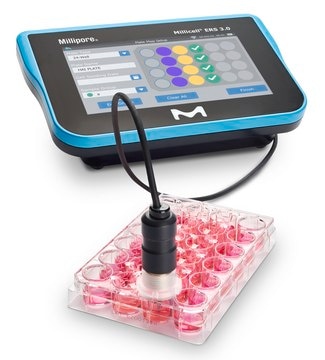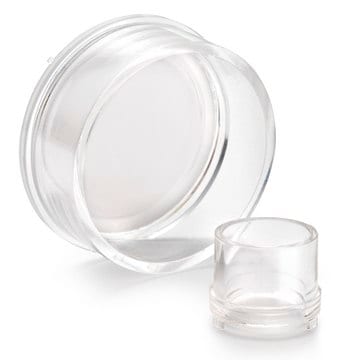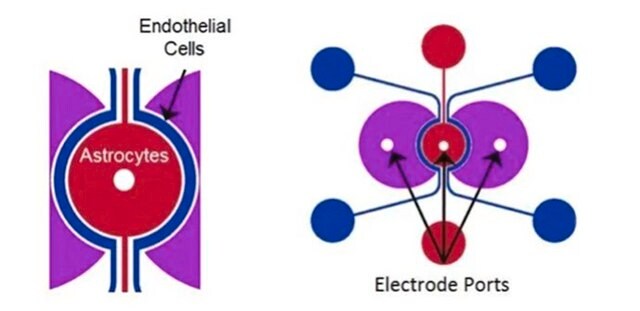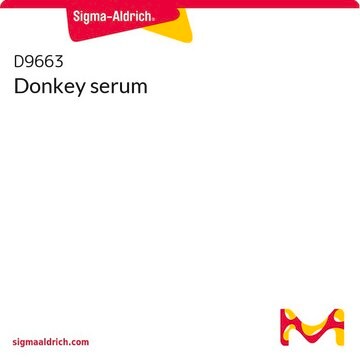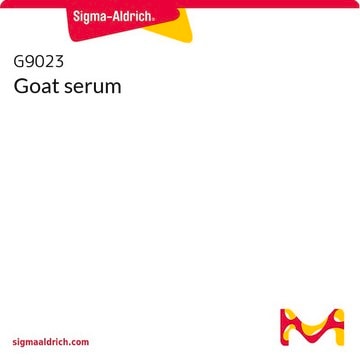MERSSTX03
Adjustable Electrodes, 1 pair
Synonym(s):
Electrode Pair
About This Item
Recommended Products
manufacturer/tradename
Millicell®
input
sample type hematopoietic stem cell(s)
sample type: mouse embryonic stem cell(s)
sample type cardiac stem cell(s)
sample type neural stem cell(s)
sample type mesenchymal stem cell(s)
sample type pancreatic stem cell(s)
sample type epithelial cells
sample type: human embryonic stem cell(s)
shipped in
ambient
General description
Features & Benefits:
- Portable instrument that fits into laminar flow hoods
- Measurements do not compromise sterility or damage cells on the membrane
- Widely cited and recommended in epithelial cell culture protocols
Applications:
- Measurement of Transepithelial Electrical Resistance (TEER), Cell Monolayer Health Assessment, Quantitative Measurement of Confluence
Application
Cell Culture
Legal Information
Certificates of Analysis (COA)
Search for Certificates of Analysis (COA) by entering the products Lot/Batch Number. Lot and Batch Numbers can be found on a product’s label following the words ‘Lot’ or ‘Batch’.
Already Own This Product?
Find documentation for the products that you have recently purchased in the Document Library.
Our team of scientists has experience in all areas of research including Life Science, Material Science, Chemical Synthesis, Chromatography, Analytical and many others.
Contact Technical Service
